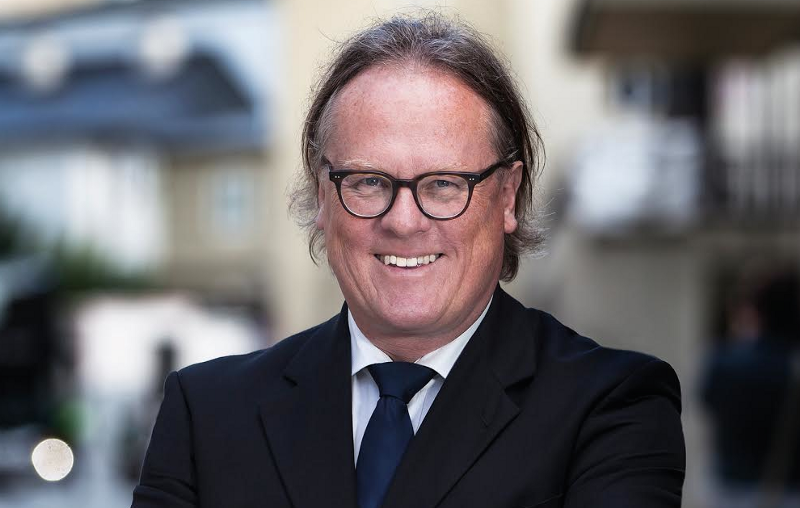Gerhard Blechinger is rector of the Salzburg University of Applied Sciences in Austria and a member of the faculty of futur/io, a new education and research institute focused on exponential technologies and how Europe might use them to create desirable futures.
His previous roles include dean of the faculty of MultiMedia Art at the University of Applied Sciences in Salzburg, lecturer for Media Theory at the Macromedia University of Applied Sciences in Munich, Head of the Institute of Design and Technology at the Zurich University of the Arts, Vice-Rector for Research and Development at the University of Design and Art Zurich, Vice-Director of the Mediamuseum at the Center for Art and Mediatechnology in Karlsruhe, Germany and Director of the Medialab at the Center for Art and Media technology in Karlsruhe.
Blechinger, who serves as an advisor on digital transformation to a number of big corporations, recently spoke to The Innovator about what European companies need to do to prepare their organizations for the changes ahead.
Q: What kind of mistakes are big companies making when they approach digital transformation?
GB: There are a lot of things you can do wrong. For new topics you need innovation teams. If you organize innovation externally and build a team that is not part of the corporate structure you often will not be able to implement it. Internal teams tend to get stuck within the organization. Let an external group report to the CEO directly and let him implement it from the top down.
Q: What about middle management? What can be done to ensure that they don’t see change as threatening?
GB: Middle management is usually where resistance comes from because innovation kills their personal business models. If you want to overcome this obstacle you have to have the right structure. This is often why big corporations who acquire startups can’t integrate the new companies. This is the great danger. There are important examples where this has failed. I know of one case where a big company
bought a startup for several hundred millions of euros and six months later still had no idea of what to do with it. If you acquire a startup you will not be able to successfully integrate it if you don’t have the right kind of structure or if your culture is risk adverse.
Q: While it is difficult to bring innovation in from the outside isn’t it also difficult to innovate internally without outside help?
GB: Fifteen years ago I offered to help build an innovation hub for Siemens but they opted to do it themselves. I found them the perfect guy to run it but they rejected him because they said his hair was too long and he was not corporate enough. Now they are not doing anything in mobile telephony anymore. If you are missing an innovative spirit in companies you risk driving 90 miles an hour on a dead end road.
Q: What do you advise companies to do?
BG: The most important thing is to have technical literacy. As a manager there is no excuse not to know what blockchain is today. You have to understand technology and talk to people from the technology sector. Talk to an engineer and find out what he is working on and what he thinks will happen in the next three to five years so you will know how to react to the changes that will bring.
I know of more than one big bank in Germany that has no business model for the future. These kinds of companies will go away. CEOs need to talk to new people such as university guys to come up with new ideas. They should avoid thinking that they are the brightest person in the room — which is often not the case — and have the courage to hire people brighter than they are, which is hard. And they should get close to communities that they would typically not enter and go to conferences like SXSW or, of course, futur/io, to meet young people who are doing cool and interesting things.







